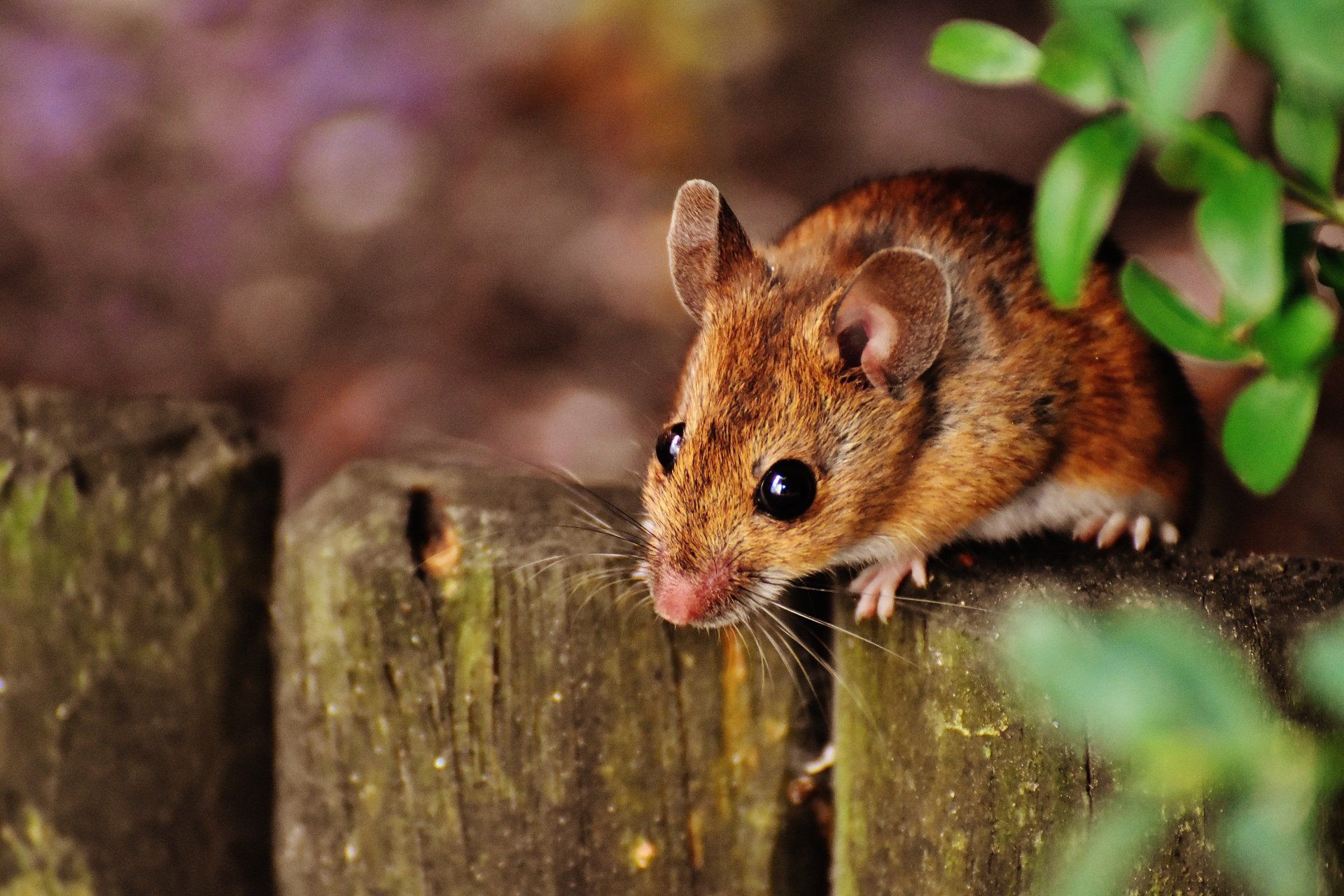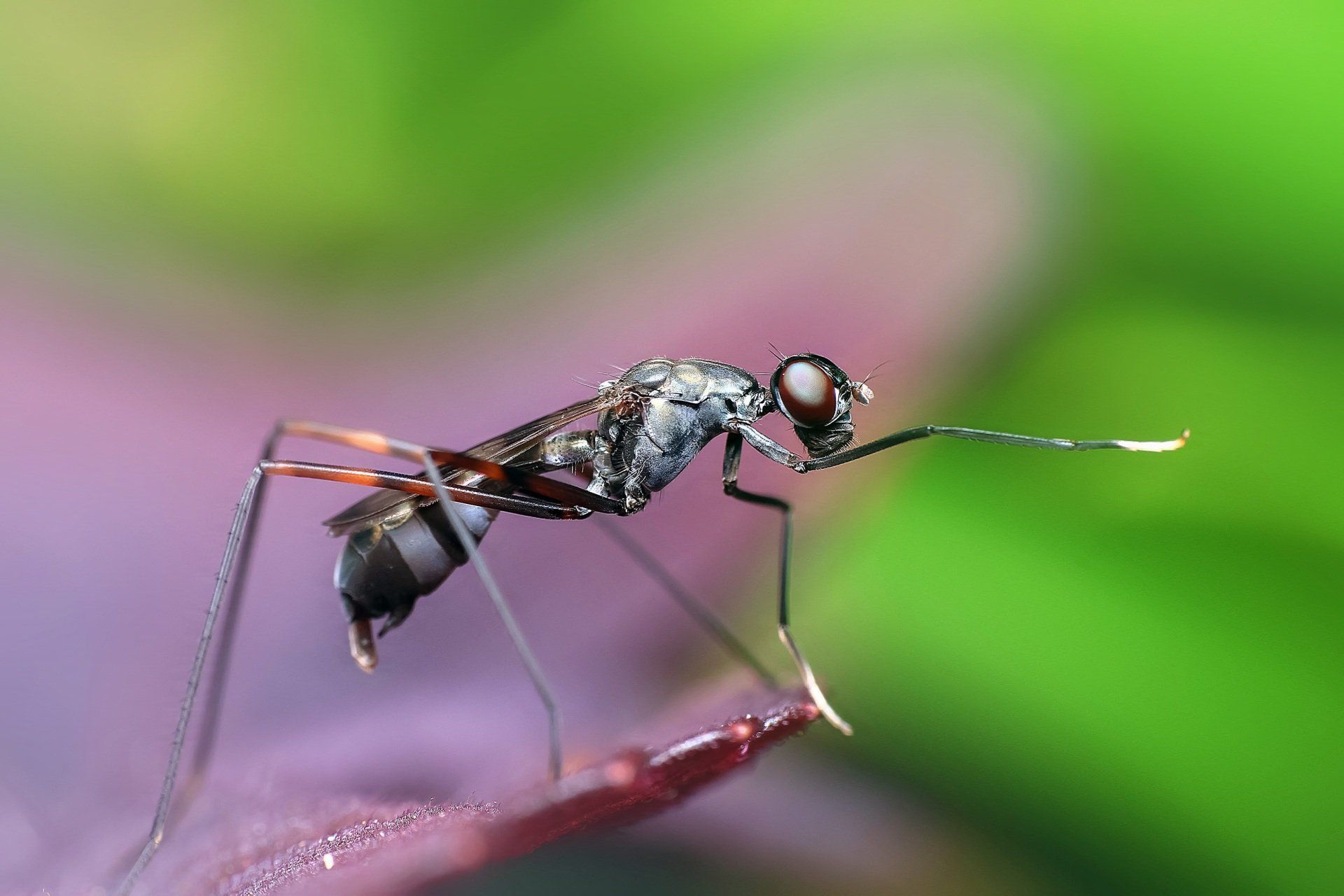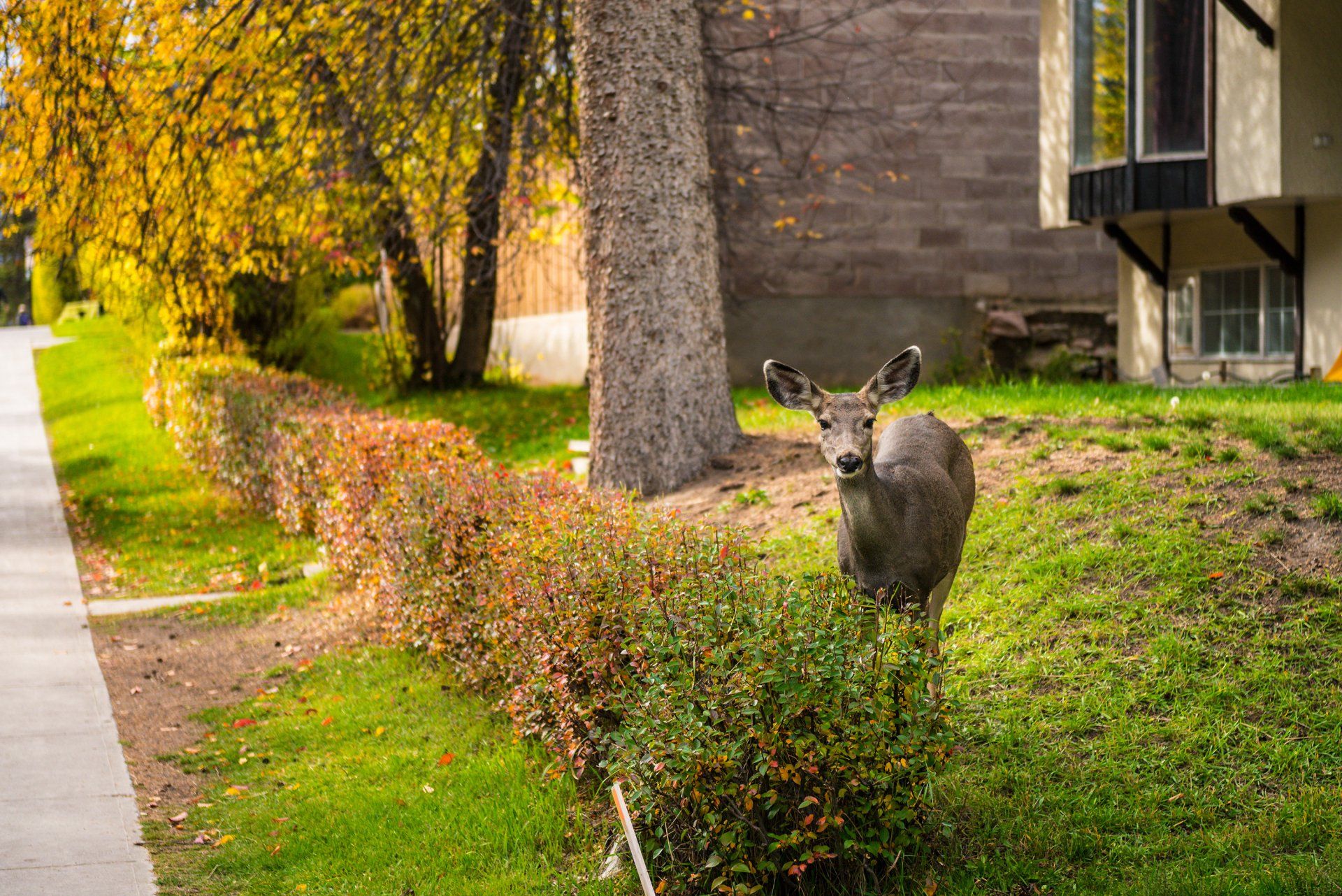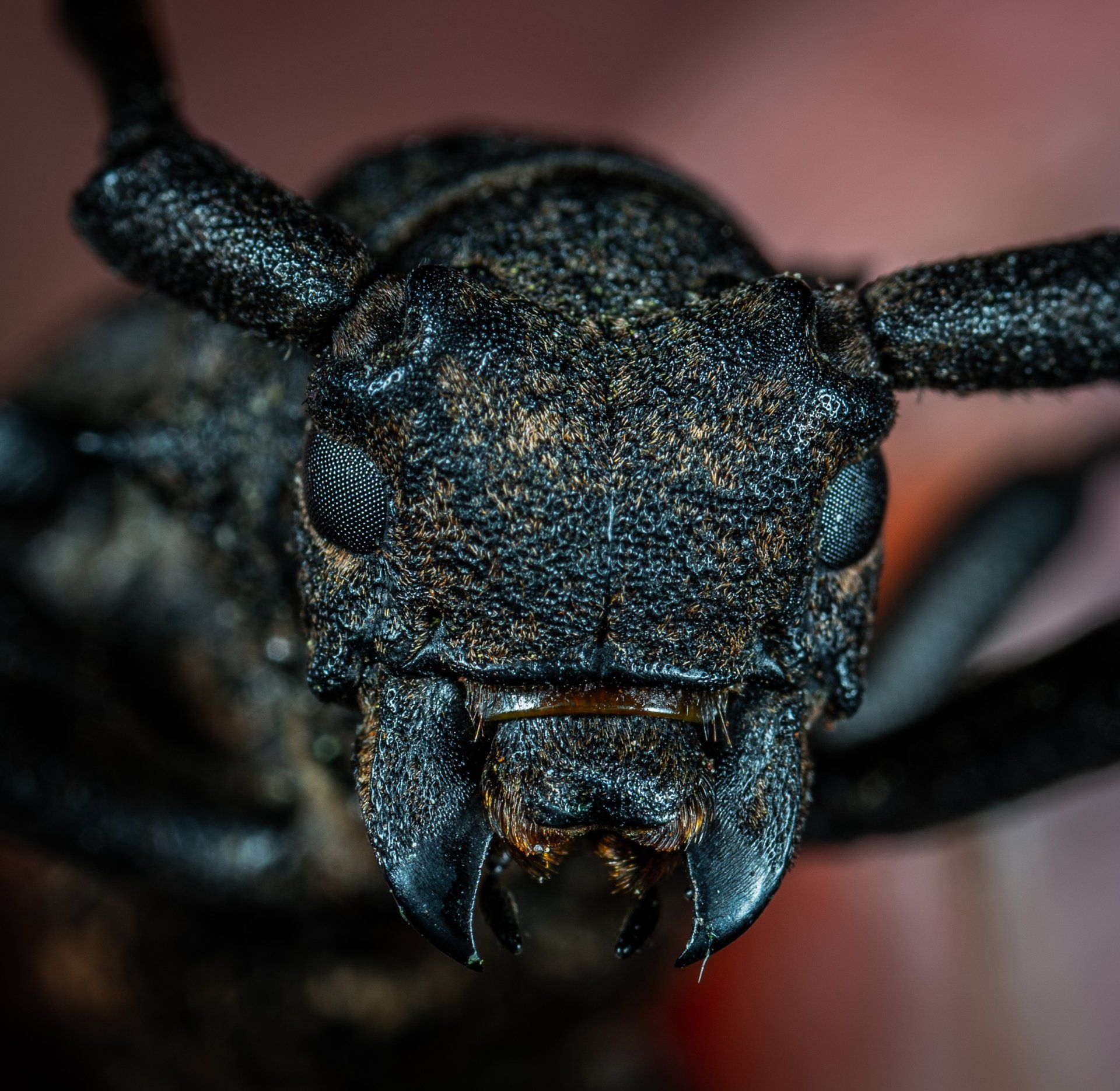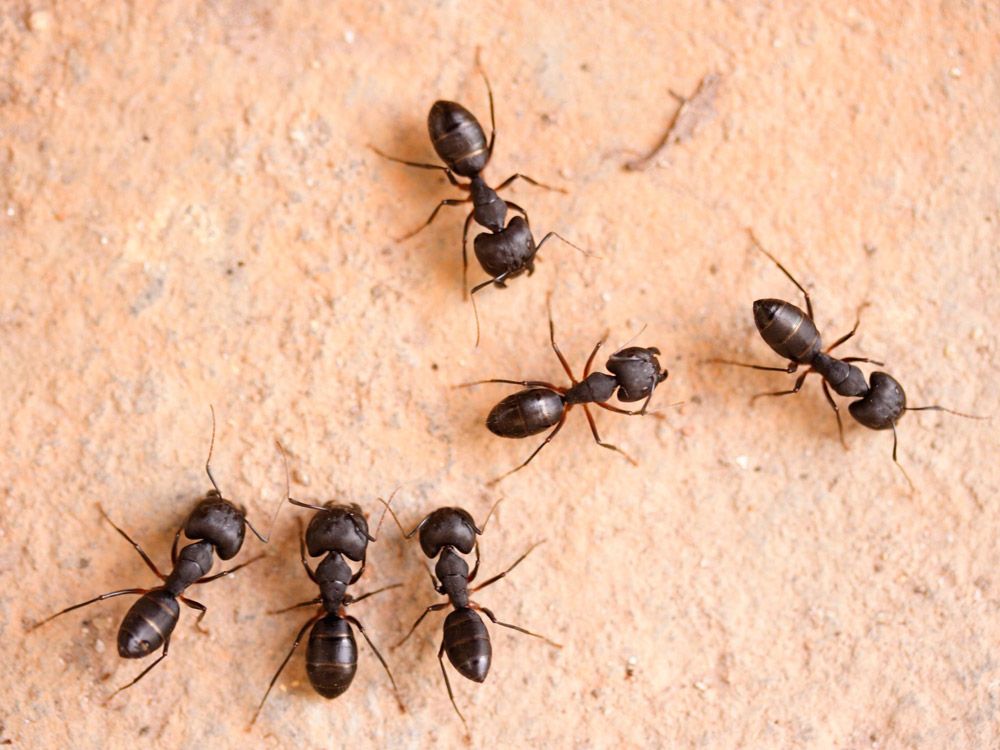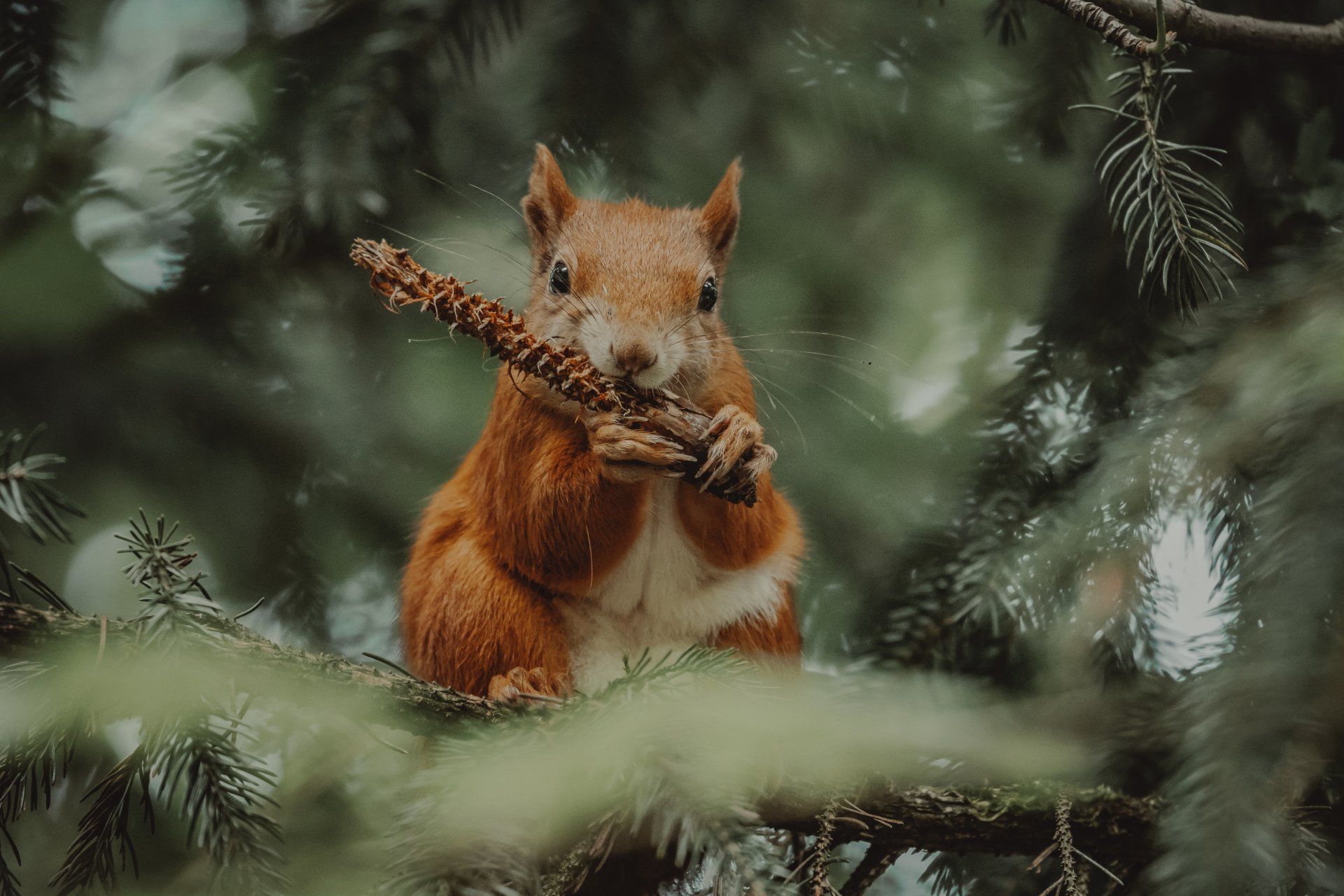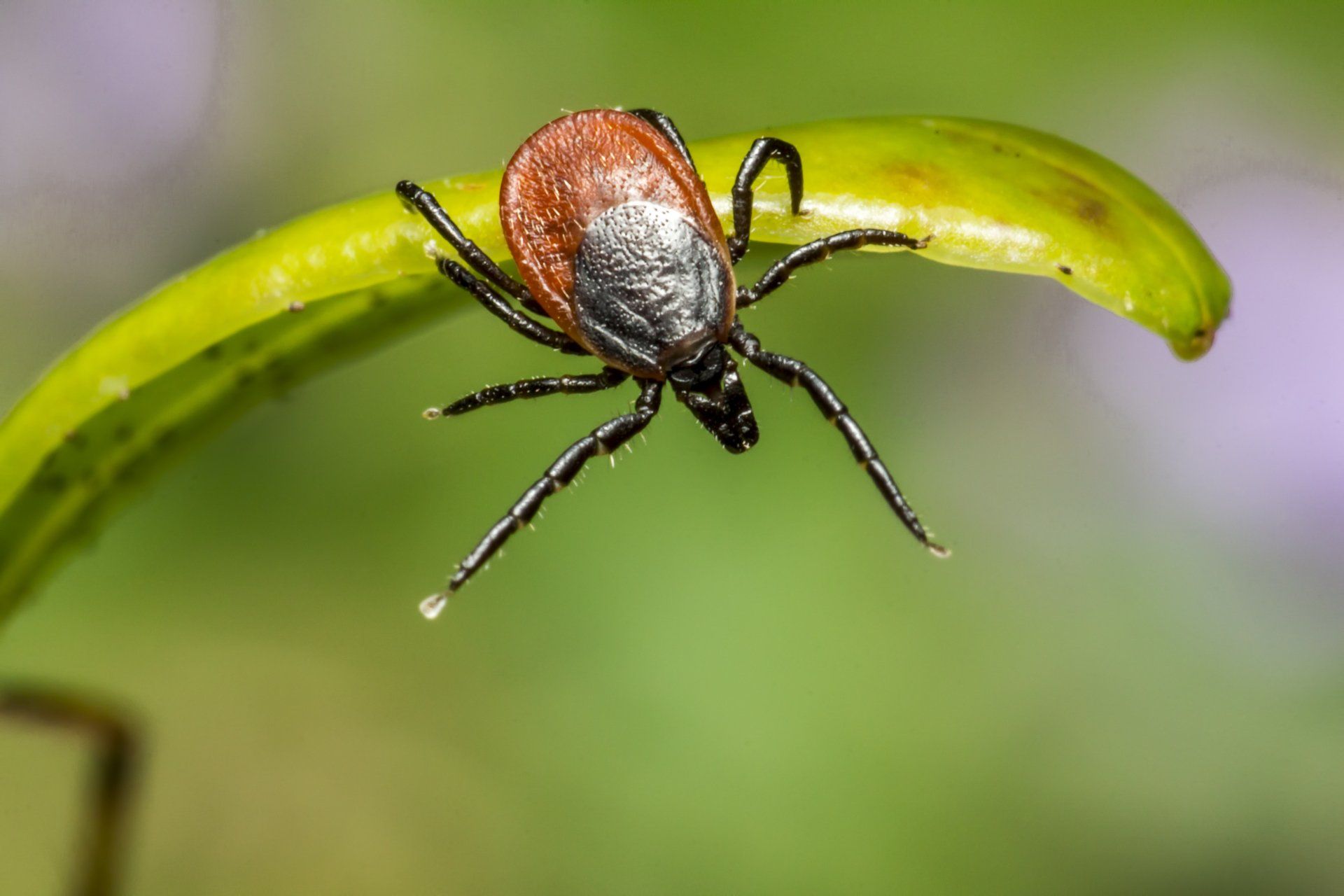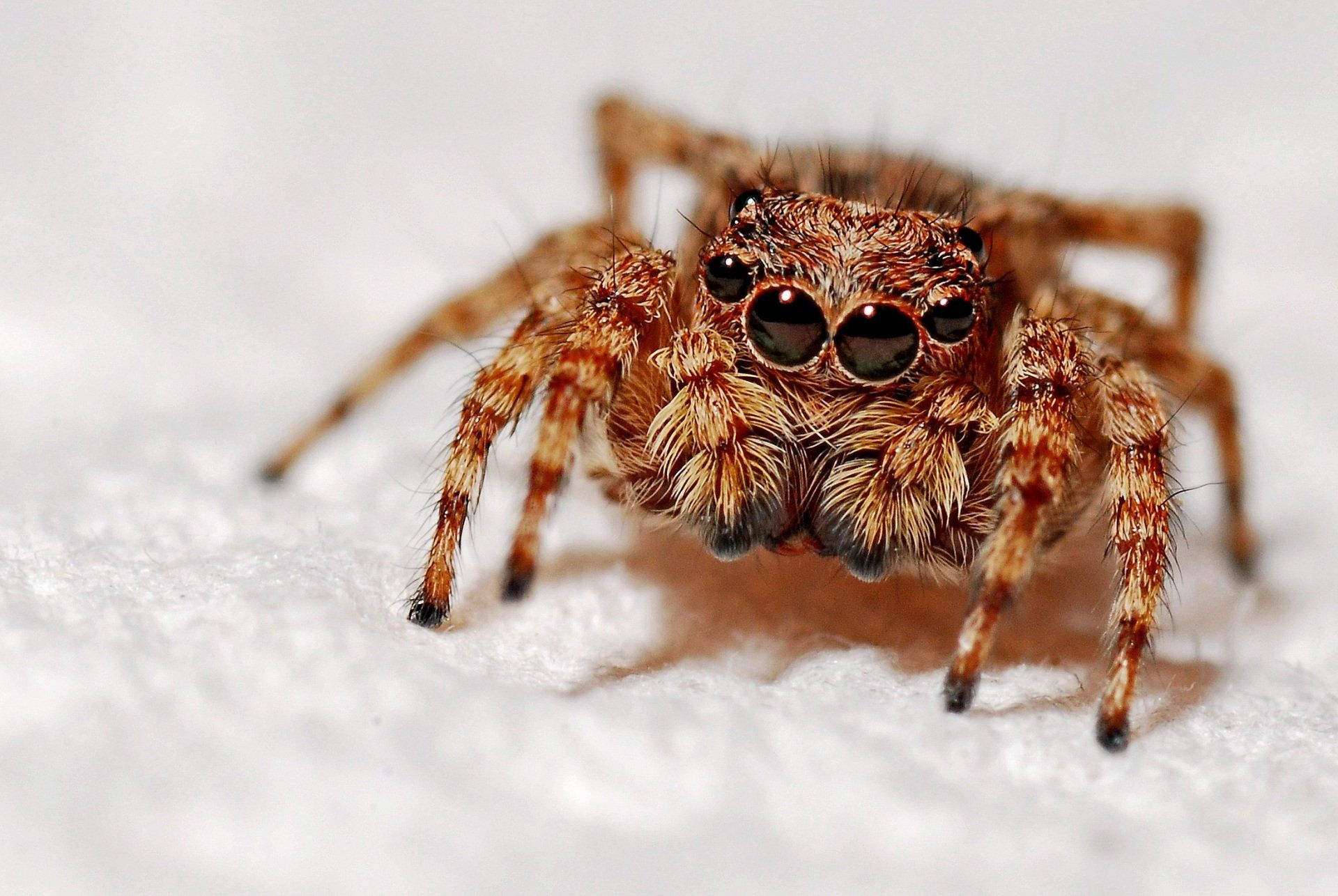Skunk Season in NJ: What to Know
Everything you need to know about skunk mating season in NJ
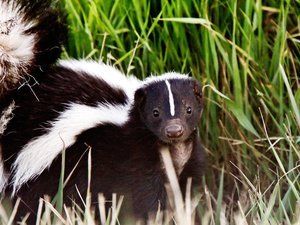
You’re probably wondering about skunk season, especially since skunk spray is a smell that seems impossible to get rid of. As such, you probably want to avoid skunk dens.
They’re commonly located beneath various rock and wood piles, so you may have one on your property and not know it. Additionally, these dens are often under porches, beneath slabs of concrete, inside buildings, in the hollows of fallen trees, in drain pipes, and in different crevices between rocks.
Skunks are also known for occupying dens that other animals abandoned. In short, you could walk into a skunk den and not even know.
But when is skunk season and what can you do to prevent these critters from moving into your home or garden?
When Is Skunk Season?
Skunk breeding season is usually between February and March. These odorous critters come out in search of a mate. Mating season usually ends at the end of March.
Female skunks are known to only have a single litter yearly, with each litter having upwards of 10 skunks. Female skunks are pregnant between 59 and 77 days.
Male skunks can have multiple mates during breeding season, leading to even more skunks.
Skunks have plenty of benefits, especially for gardeners, farmers, and different landowners, as they eat garden pests in large quantities. But they’re also harmful and should be avoided whenever possible, for several reasons.
Do Skunks Carry Disease?
Yes, skunks spread disease. In the United States,
skunks are primary rabies carriers. This means they’re extremely dangerous to humans and pets, and a bite requires an immediate rabies vaccine.
The best way you can avoid a skunk bite is by preventing them from invading your home or property with
routine pest control in Sparta, NJ.
Do Skunks Cause Damage to Homes?
Skunks love to dig. They crate burrows beneath homes and businesses, leading to serious property damage.
A skunk's front claws make them excellent diggers. In addition to homes and buildings, they’ll use these built-in shovels to tunnel beneath decks, sheds, and concrete foundations. This can result in the compromised structural integrity of the buildings they burrow beneath.
How to Prevent Skunks
You can take preventative measures to
keep skunks and other wildlife away. Just keep in mind that not every suggestion on Google is something you should try, as some “DIY tips and tricks” are toxic to people and animals — as well as inhumane.
However, other types of skunk prevention tips are safe to implement. For example, you can always install underground fencing to keep skunks from burrowing beneath sheds, decks, and porches. This can even
keep certain critters out of your garden. Electric fences are considered inhumane and dangerous for children and pets, so skip this type of fencing.
Additionally, you can remove food sources from your property. This includes nuts, fruits, garden crops, pet food, birdseed, and garbage, so keep trash cans tightly closed or inside your shed or garage.
Clean your yard, preventing skunk hiding spots. Additionally, invest in motion sensors, as skunks are nocturnal creatures that are light-sensitive. When bright motion sensors go off, it will startle them and scare them away.
Although some websites suggest using capsaicin — this is red pepper or chili pepper — you should avoid using it for several reasons.
For one, it’s extremely inhumane. When animals are exposed to capsaicin, it can cause temporary blindness, coughing, and even stop their vocal cords from working.
Additionally, if capsaicin or something similar gets in their eyes, animals may try and scratch it out, causing permanent eye injury or blindness.
Capsaicin is also toxic to
beneficial insects, including bees and other bugs.
Never use
mothballs or
ammonia, as these are toxic to people and animals.
Additionally, never use pesticides or beetle grubs. Only professionals should handle the use of pesticides, determining when and where to safely and humanely use them, if at all.
Professional pest removal services in Sparta, NJ, can safely and humanely trap and release skunks in your home or yard.
Pest Control During Skunk Season in NJ
If you’re concerned about skunk season in NJ, you can take steps to prevent them from coming into your yard and home. Skunks are a primary rabies carrier and can cause significant property damage. Although they can prove beneficial in agriculture, you don’t want them around your family or pets.
But a licensed and experienced pest control technician has the tools and experience to safely and humanely remove any pest, skunks included and, although DIY measures work in certain instances, a skunk infestation requires a call to the pros.
Serene Property Services can help. We offer safe and humane pest removal in Sussex County, NJ, and Warwick, NY.
Contact us today to discuss your pest control needs.
We will get back to you as soon as possible
Please try again later
About Us
Contact Info

